Italy
Italy is a unitary state composed of municipalities (Comuni), provinces (Province), metropolitan cities (Città metropolitane) and regions (Regioni).
CEMR in Italy – Italian Section of the Council or European Municipalities and Regions (AICCRE) (www.aiccre.it)










Local governments
The Council (Consiglio comunale) is elected by direct universal suffrage for five-year period. It is the main decision-making body of the municipality, is responsible for planning and controls governance matters. The city council in particular adopts the budget of the town.
The City Board (Giunta comunale) is the executive body of the municipality. It implements decisions taken by the Council. Its members are called Deputy Mayors (Assessori) and are appointed by the mayor.
The Mayor (Sindaco) is elected by direct universal suffrage for a of five- year period. He/she delegates some of his/her powers to the Deputy Mayor, who is appointed by the mayor. The mayor also heads up the local civil service.
Each municipality responds to a province or a metropolitan city, but they may also directly relate to its region or the central government if necessary. The Municipality may acquire city status if the president of the Republic provides them with this status.
-
- Social welfare
- Education
- Culture and recreation
- Urban planning
- Transport
- Economic development
- Environment, including waste management
- Local police









Intermediary governments
Italy is composed of two intermediate tiers, i.e. the provinces (Province) and the metropolitan cities (Città metropolitane).
The 107 provinces
The assembly of mayors is composed of mayors of municipalities within the province. It has advisory and control powers as well as the power of initiative.
The 14 metropolitan cities
The members of the metropolitan council (Consiglio metropolitano) are elected by, and from among themselves, i.e. from the mayors and councillors of the municipalities of the metropolitan city. They are elected for a period of five years. The statute of the institution may provide for the direct election of the metropolitan council. It performs a planning and control function.
The 107 provinces
The members of the provincial council (Consiglio provinciale) are elected by, and from among themselves, i.e. from the mayors and councillors of the municipalities of the province concerned, for a period of two years. The council decides upon the policies of the province and approves the budget.
The 14 metropolitan cities
The metropolitan conference (Conferenza metropolitana) is composed of the metropolitan mayor, who convenes and chairs it, and of the mayors of the municipality within the metropolitan city. It has the power of initiative and consultative powers.
The 107 provinces
The president (Presidente) is elected by the mayors and councillors of the municipalities of the province, for a period of four years, and who will be drawn from one of the municipalities’ mayors coming the province concerned. He/ she represents the province, is the Chairperson of the Board and of the assembly of mayors. His/ her functions are to supervise the operation of the services and offices.
The 14 metropolitan cities
The metropolitan mayor (Sindaco metropolitano) is the mayor of the provincial capital. The status of the institution may provide for his/her direct election. He/she represents the metropolitan city and supervises the operation of services and offices.
-
- Strategic metropolitan development
- Integrated development and management of services
Competences (transferred from provinces):
- Territorial planning
- Strategic urban planning and transportation
- Coordination of economic, social, and innovative development
- Coordination of digital information systems
Regional governments
The regional council (Consiglio regionale) is the legislative body of the region. It can present projects of law to the national parliament and can dismiss the president of the regional council. It is elected for a period of five years.
The regional executive committee (Giunta regionale) is the executive body of the region. It consists of a President and Aldermens (Assessori regionali) appointed by the president for a period of five years.
The president (Presidente) is elected by direct universal suffrage if the statute does not otherwise provide for a period of five years. He/she chairs the board and appoints or dismisses the members of the regional board. The president represents the region, determines the regional policy and executes the laws and regional regulation. He/ she is responsible for executing the administrative functions delegated by the state to the regions, according to government guidelines.
-
- International and EU relations
- Foreign trade
- Protection and security at work
- Education, except autonomy in scholastic education and vocational training
- Professional learning
- Scientific and technologic research
- Health
- Food Security
- Sports
- Civil protection
- Urban planning
- Large-scale transport and navigation networks
- Communications
- Energy
- Complementary social welfare
- Public finances and taxation
- Development of cultural and environmental resources
